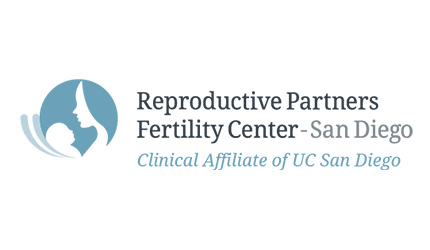
Gathering information suggests that ovarian stimulation adversely affects the uterine lining, significantly increasing pregnancy complications. By “freezing” the embryos and transferring them in either a natural cycle or a cycle where estrogen and progesterone are given to mimic normal levels, the placenta appears to implant and function more normally.
In a study published this year, bleeding during pregnancy, prematurity, the chance of the newborn being underweight and the chance of the newborn not surviving were all significantly higher with transfer of fresh compared to “frozen” embryos. African American women may be particularly suited to this approach. In a recent study, transfer of a single blastocyst after “freeze/thaw” resulted in a success rate equal to Caucasian women, whereas African American women have been reported in numerous studies to experience lower success with transfer of fresh embryos. Women who have high estrogen levels in their stimulated cycle have a higher chance of toxemia (elevated blood pressure during pregnancy) and of reduced weight of their newborn. Women with high ovarian response have an increased risk of ovarian hyperstimulation, which can be avoided using lupron to trigger ovulation together with freezing all of the embryos. Women with endometriosis also appear to do well by avoiding embryo transfer into an environment where the uterine lining has been exposed to high amounts of estrogen and/or progesterone.
The newer way of cryopreserving embryos, called vitrification, results in very high embryo survival, making this approach one to be considered in all of these instances. Technically, the embryos are not “frozen” or “thawed” with vitrification. This sophisticated technique allows an extremely rapid temperature reduction, inducing a glass-like state (vitrification), and the embryos are warmed when needed (“thawing” refers to something that has been previously frozen).
Our skilled fertility specialists are here to help. Contact us today and let’s discuss the next phase of your fertility journey.